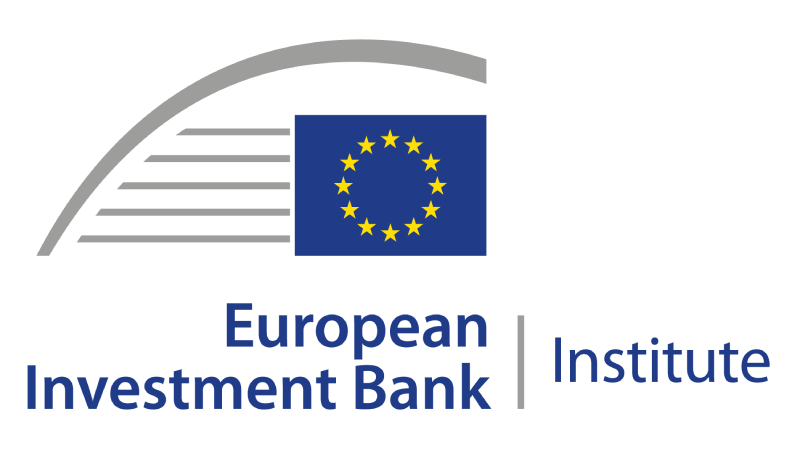
Can the digital revolution, which is impacting every aspect of our daily life, play a positive role for financial inclusion? This question was at the heart of the 3rd ADA Academic Symposium, organised by ADA in partnership with the University of Luxembourg and the EIB Institute.
Historically, building and operating traditional bank branches has always been a major obstacle to reaching the poorest clients. With the digital revolution, the unbanked population can now access financial services more cheaply and easily through mobile phones and Point of Sale (POS) terminals as well as agent networks.
Financial education is key. Consumers, particularly those from under-educated sectors of the population, need to know how to use these new products. There are also concerns regarding privacy and protection against fraud. By making processes safer and more accessible, biometrics and blockchain technology are likely to be game-changers in the coming years.
Regulatory agencies need to be proactive and focus on prevention as constant improvements in technology make it difficult for them to keep up-to-date. There is no “one size fits all” solution as a type of regulation that works in one country or region will probably not be suitable in other places.
As for financial institutions, they can either digitalise their processes, act as agents for digital financial services providers, leverage existing deployments, build their own systems or build emerging models in partnership with other market players. For microfinance institutions (MFIs), mobile operators and the emerging FinTechs, the consensus points towards partnerships, due to the difficulty of building an entire ecosystem from scratch. The best example is Modelo Peru, where all those involved worked together on a common platform, and are only competing now on the products and services. In Ethiopia, M-BIRR, a fully interoperable platform, was developed and is used by both banks and MFIs.
The next ADA Academic Symposium will take place in October 2017.





